1. Aching bones could be a sign that you're lacking vitamin D!
 Image source: Reddit
Image source: Reddit
Vitamin D is such an important vitamin. It plays a crucial role in calcium absorption, and it is essential for maintaining your bone health. When there is a deficiency of vitamin D, your body may struggle to absorb an adequate amount of calcium, leading to weakened bones.
2. You're always very sweaty

Image source: Reddit
The first conclusion you'd jump to if you were excessively sweaty, probably wouldn't be that you were deficient in vitamin D. Yet, for some inexplicable reason (even scientists aren't totally aware of) it has been linked to not absorbing enough vitamin D!
3. You've got dry and itchy skin

Image source: Reddit
Having dry and itchy skin is super irritating and it's also not a look you want to achieve. Vitamin D is one of the most important vitamins for our skin skin health, and a lack of it can contribute to various skin issues, including dryness and itchiness.
4. You constantly suffer from headaches

Image source: Reddit
Research suggests that low vitamin D levels may be associated with an increased frequency and severity of headaches which could be why you're experiencing constant or lingering head pain! If headaches persist you should always get it checked out by a medical professional!
5. You've gained weight for no apparent reason

Image source: Reddit
You might have noticed that you're gaining weight, despite having made no lifestyle or diet changes! While vitamin D alone is not a direct cause of weight gain, insufficient levels of this vitamin have been associated with conditions that might contribute to weight gain.
6. You might feel tired all the time

Image source: Reddit
If you find that you might feel tired all the time and you just feel lethargic for no reason, it's worth considering the possibility of a vitamin D deficiency. Fatigue and persistent tiredness are among the most common symptoms associated with insufficient levels of vitamin D.
7. You're clumsy and fall over a lot

Image source: Reddit
Again, another surprise symptom of having inadequate vitamin D levels in your body is being super clumsy! The reason for this is that vitamin D is essential for muscle function and coordination, and inadequate levels may contribute to muscle weakness and impaired balance.
8. You can't get to sleep easily

Image source: Reddit
Research suggests that insufficient vitamin D may disrupt sleep-wake cycles, making it harder for you to drift off at night! Exposure to natural sunlight (which is a natural source of vitamin D) helps regulate the production of melatonin which is a hormone essential for sleep. So, if you have low levels of vitamin D could contribute to sleep difficulties.
9. You frequently have a twitchy eye
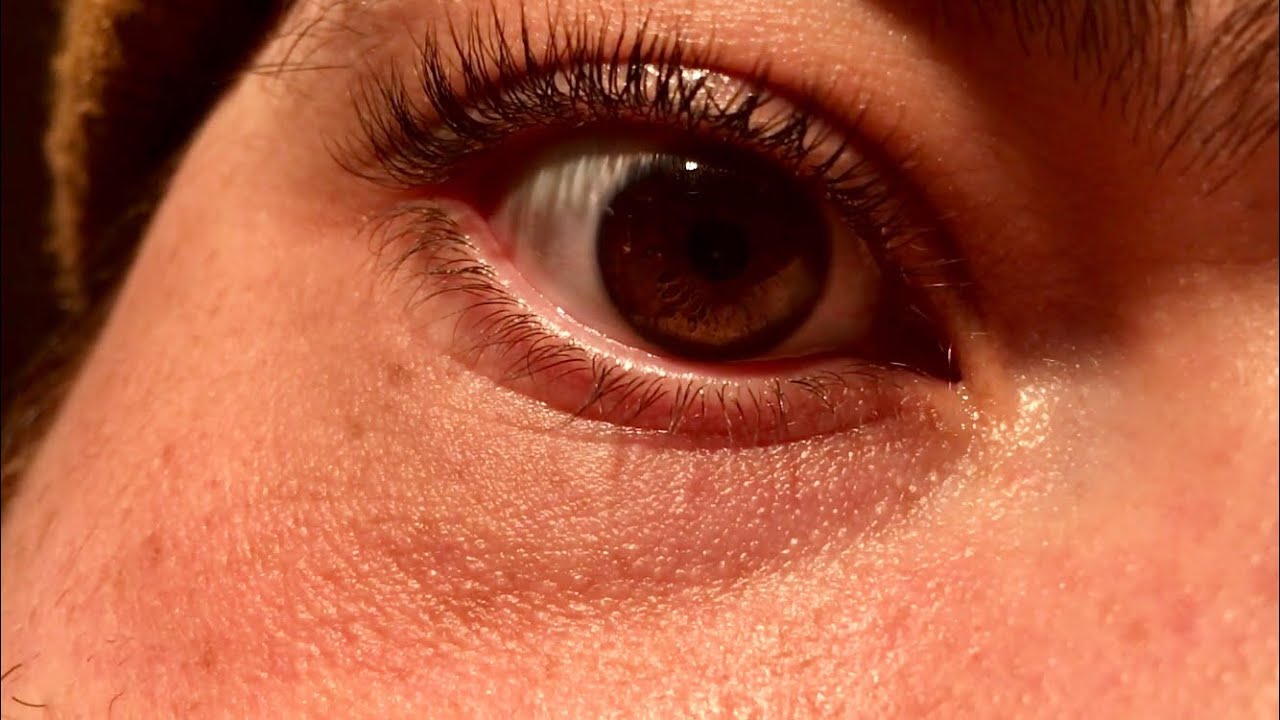
Image source: Reddit
Having a twitchy eye can be caused by obvious things like tiredness and allergies. But, it could also be caused by a lack of vitamin D! New research suggests that there's a potential association between vitamin D deficiency and muscle-related issues, including eye twitching.
10. You feel very up and down with your emotions

Image source: Reddit
If you find that your emotions are fluctuating significantly, a potential factor to consider is your vitamin D levels. Studies have shows that vitamin D receptors are present in areas of the brain that control our mood, and so low levels have been associated with an increased risk of conditions like depression and anxiety!
11. You've noticed you're losing a lot of hair

Image source: Reddit
Shedding more hair than usual or noticing that you can see way more scalp than you used to could be due to a vitamin D deficiency. It can affect the hair follicles on your head, and it's even been linked to conditions such as alopecia or telogen effluvium - hair loss!
12. Your menstrual cycle is super irregular

Image source: Reddit
If your periods are unpredictable, it could be linked to your vitamin D levels. Vitamin D isn't just about bones; it also seems to have a hand in keeping your hormones on track. And, when you don't have enough of it it in your body it can cause havoc with your cycle.
13. You suffer with frequent inflammation

Image source: Reddit
Vitamin D plays a very important role in the immune system and also has very important anti-inflammatory properties. When the body lacks sufficient vitamin D, it may lead to a dysfunctional immune response, potentially contributing to chronic inflammation.
14. Your bones could break more easily than they should
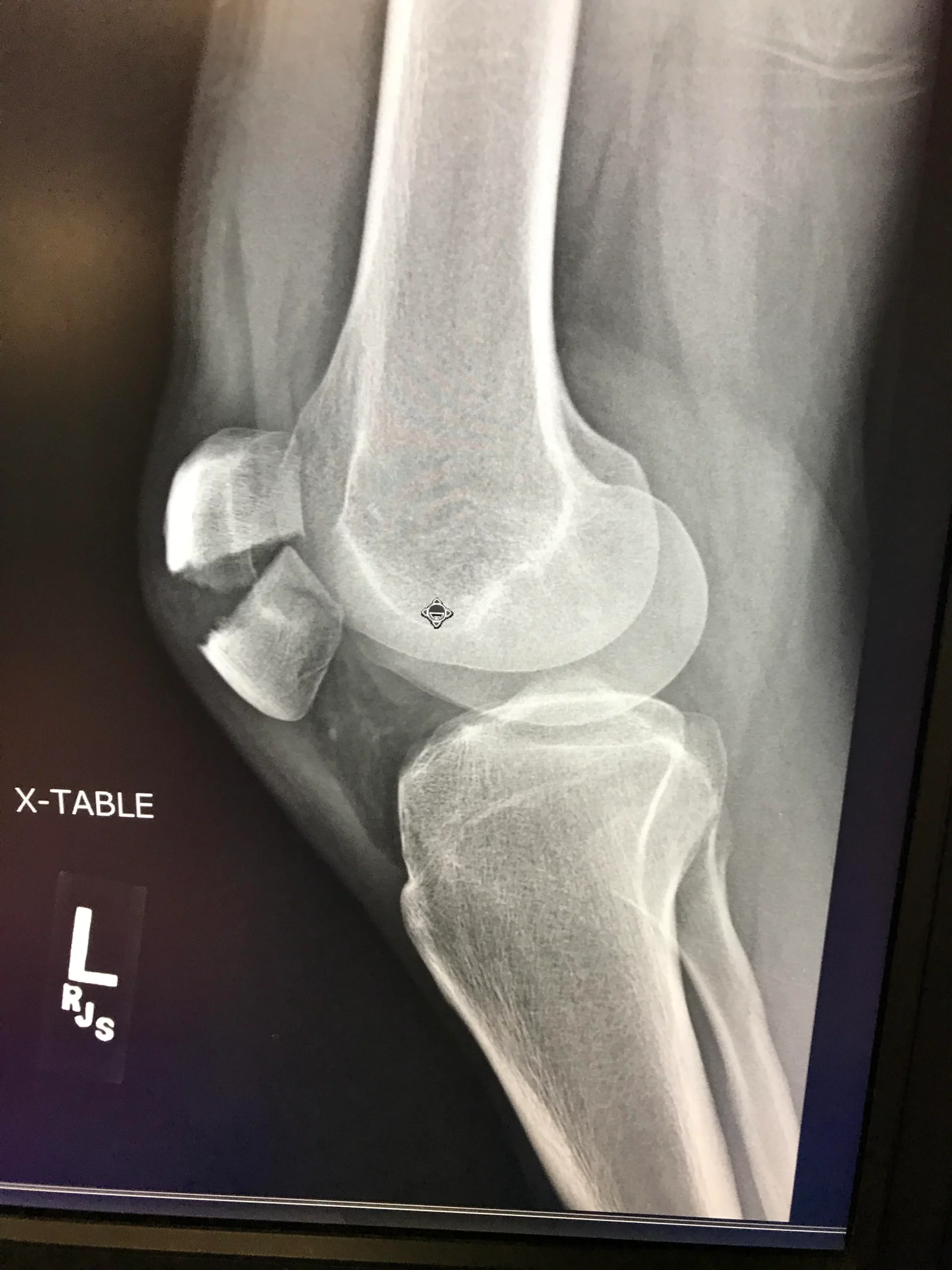
Image source: Reddit
Breaking bones is a sure sign that that you may have a vitamin D deficiency. Without sufficient vitamin D, the body struggles to absorb the necessary calcium for maintaining bone density and strength. This condition can lead to conditions like osteoporosis, a condition characterized by brittle and fragile bones.
15. You're always in pain!
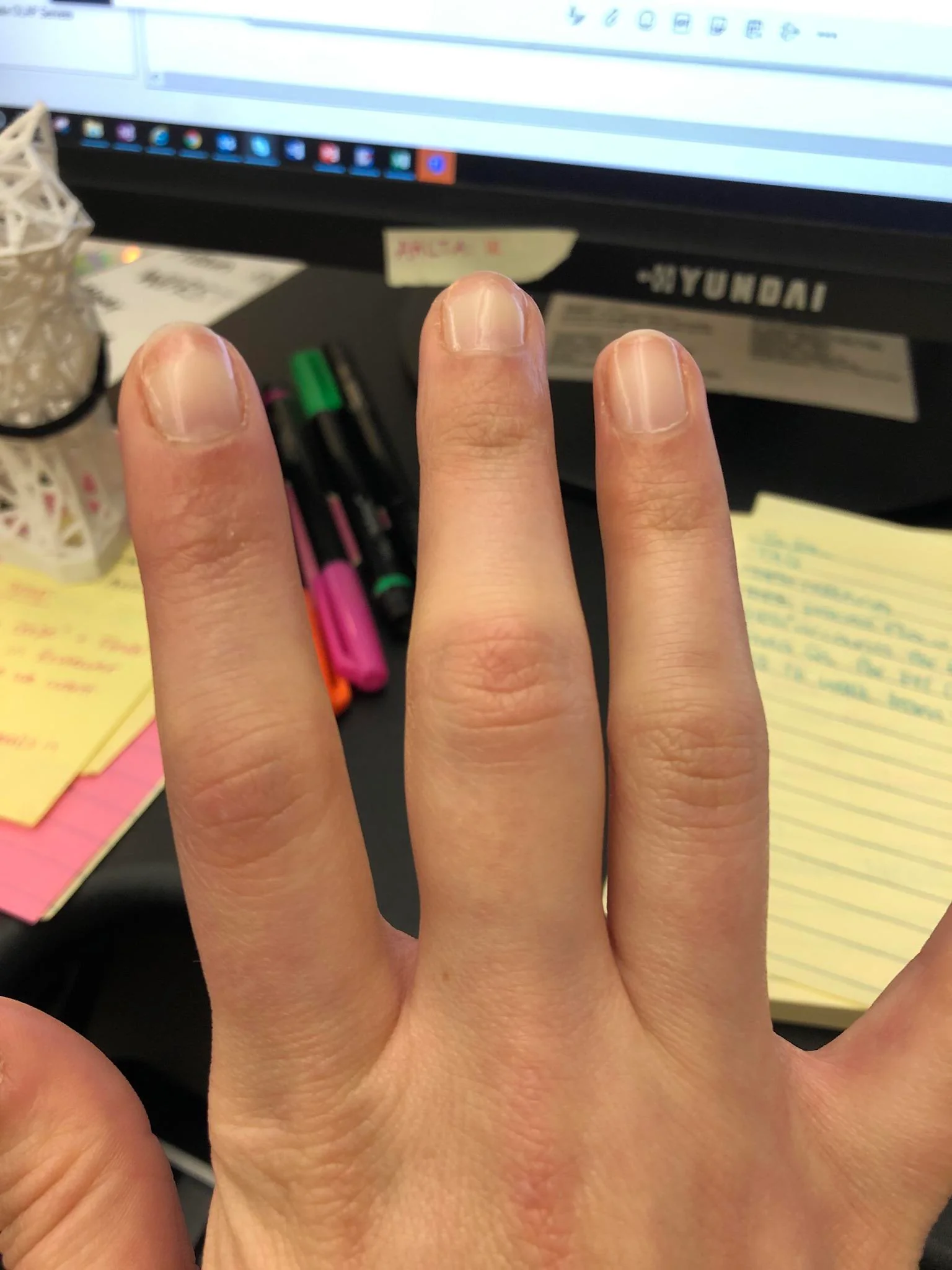
Image source: Reddit
Having a lack of vitamin D doesn't CAUSE us pain, but vitamin D does allow us to tolerate the pain better. So when you don't have enough, things could feel a lot more painful than they would if you did have the right levels of the vitamin in your body!
16. You're eyes are super sensitive to the light
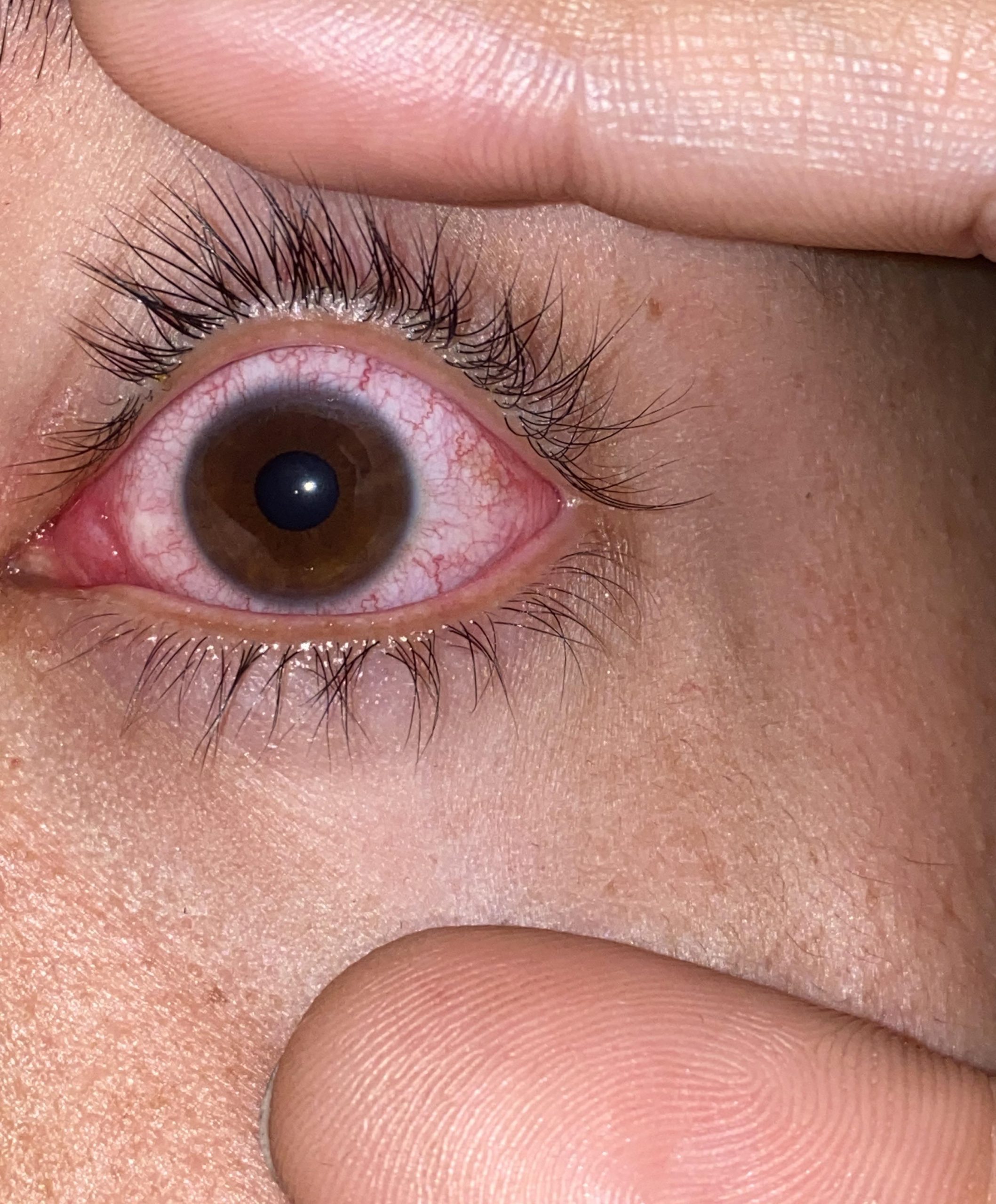
Image source: Reddit
The oh-so-important vitamin D is also essential for our eye health. If your eyes seem to squint even at the hint of bright lights, this is another unexpected sign that your vitamin D levels are running low. It can affect how we determine light, so the sensitivity can show a deficiency.
17. You have Crohn's or celiac disease

Image source: Reddit
If you have been previously diagnosed with Crohn's disease or celiac disease, it's important to be aware of the potential impact on your nutrient absorption, including vitamin D. Both conditions can affect the absorption of nutrients in the digestive system.
18. You look way older than you are

Image source: Reddit
Who knew that a lack of vitamin D could be exacerbating our ageing process! Vitamin D is involved in skin cell growth and repair. Insufficient levels of it may contribute to premature aging of the skin - so you could find yourself looking older than you are!
19. You find it difficult to swallow sometimes

Image source: Reddit
Having swallowing difficulty is definitely something that you should have checked out as soon as possible. Difficulty swallowing, also known as dysphagia, can sometimes be caused by the weakening of muscles. Which, can sometimes be caused by a lack of vitamin D!
20. Your muscles cramp super easily
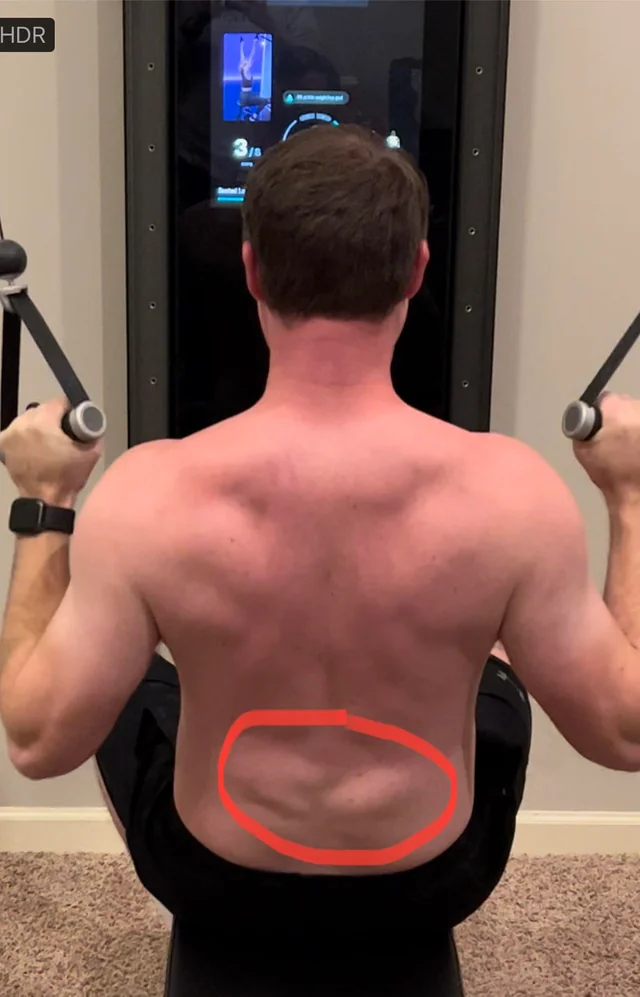
Image source: Reddit
Muscle cramp can happen from time to time, and it's sometimes just caused by a simple problem such as dehydration. But, your muscles can also happen when your body doesn't have enough vitamin D in its system. It can cause weakness as well as cramping!
21. You get sick a lot

Image source: Reddit
Do you find yourself catching every bug that comes your way? Vitamin D has a vital part to play in your immune system. A deficiency in vitamin D may compromise your immune system's ability to fend off infections properly, leading you to get sick often!
22. Your cuts and wounds take ages to heal

Image source: Reddit
Slow wound healing can be caused by health issues such as nutritional deficiencies, impaired immune function, or underlying health conditions. Vitamin D contributes to the production of antimicrobial peptides and immune system modulation, essential elements in the wound healing process.
23. You get a strange tingling or numb sensation in your body

Image source: Reddit
Vitamin D plays a crucial role in nerve function and health. Nerves are responsible for transmitting signals throughout the body, allowing for various sensations and movements. When there is a deficiency in vitamin D, it can impact the nerve fibers and the transmission of signals - causing tingles and numbness!
24. You're at risk of getting diabetes
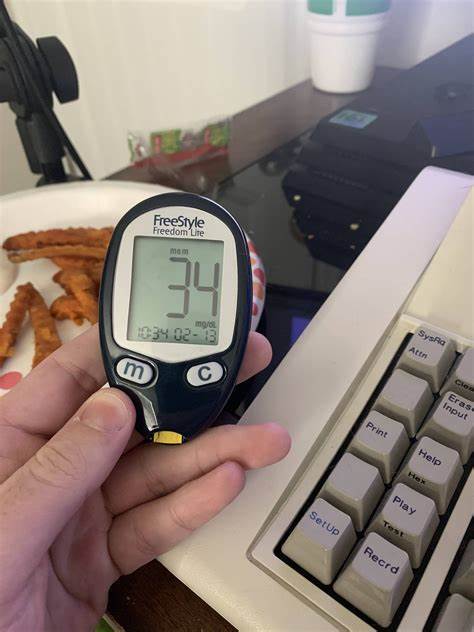
Image source: Reddit
Vitamin D is a seriously important factor in our insulin sensitivity and glucose metabolism - how out body deals with sugars. Insufficient levels of vitamin D may contribute to insulin resistance, which can mean we cannot regulate our own blood sugars, a key factor in the development of type 2 diabetes.
25. You've got no appetite

Image source: Reddit
Have you been experience a loss of appetite? It could be caused by many things, but one of these is a possible vitamin D deficiency! It is linked to appetite regulation, and deficiencies may contribute to changes in eating patterns or feeling as though you aren't as hungry as usual.
26. You feel miserable during the dark months

Image source: Reddit
During darker months with reduced sunlight, some individuals may experience a drop in vitamin D ,''the sunshine vitamin'' levels, potentially impacting mood and contributing to feelings of sadness or misery. This phenomenon is often associated with something called Seasonal Affective Disorder (SAD).
27. You feel like your mind doesn't function as it should

Image source: Reddit
Do you feel like you can't focus, as though a foggy haze has settles on your brain? Or, you just can't think straight? If you're feeling a bit lost in the mental fog or finding it hard to concentrate, your brain might be sending signals for some vitamin D support.
28. You're finding it difficult to get pregnant

Image source: Reddit
Research has suggested that there's a potential connection between vitamin D deficiency and fertility problems. Vitamin D is known to play a role in your reproductive health, and inadequate levels may impact factors such as hormone regulation and egg implantation.
29. You find yourself feeling down a lot of the time

Image source: Reddit
Exposure to sunlight triggers the production of vitamin D in the skin, and during darker months or with limited sun exposure, individuals may experience lower vitamin D levels, potentially affecting mood. It could make you feel generally down and anxious.
30. You're finding it hard to focus and concentrate

Image source: Reddit
The brain is equipped with vitamin D receptors, and it relies on this nutrient to perform its best, in areas associated with memory and focus. Inadequate vitamin D levels may lead to cognitive issues, leaving you with brain fog and struggling to stay focused on your task.
31. You get frequent infections

Image source: Reddit
The immune system relies on adequate levels of vitamin D to mount effective responses against germs. Insufficient vitamin D can affect and reduce the immune system's ability to be able to combat infections, which can make you much more prone to getting sick.
32. You've got no stamina and are fatigued quickly!

Image source: Reddit
If you find yourself running out of steam quickly and experiencing fatigue, it may be worth exploring the role of vitamin D in your overall energy levels. Although vitamin D is commonly associated with bone health, it also plays a crucial role in muscle function and overall energy metabolism.
33. Your sex drive has taken a dive

Image source: Reddit
Have you noticed a dip in your sex drive, and you don't know why? Hormones are often the main cause, as well as emotional factors. But both of these are also influenced by vitamin D, and if you don't have enough it could impact your sex drive and leave you feeling like you're never in the mood.
34. When you are sick, you find it hard to fight it off
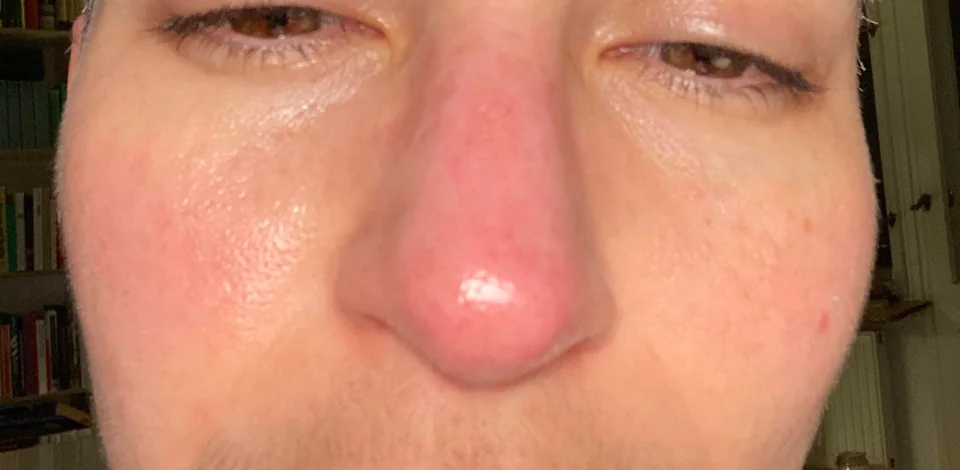
Image source: Reddit
Having enough vitamin D is super important for your immune system! It helps activate immune cells and makes proteins that fight off germs. If you don't have enough vitamin D, your immune system might not work as well, making it tougher to beat infections.
35. You've got lots of dental problems

Image source: Reddit
Adequate vitamin D is necessary for the proper absorption of calcium into your body. And of course, calcium is a mineral crucial for strong teeth and bones. So, insufficient vitamin D levels may lead to weakened teeth and possibly an increase in cavities and tooth decay!
36. You feel your heart palpitating occasionally
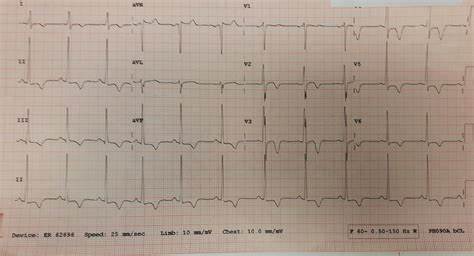
Image source: Reddit
Heart palpitations can be caused by various factors, including stress, caffeine, or underlying heart conditions. However, vitamin D deficiency has been linked to cardiovascular issues, and ensuring sufficient levels may contribute to having a healthier heart.
37. You struggle to lose weight when you try
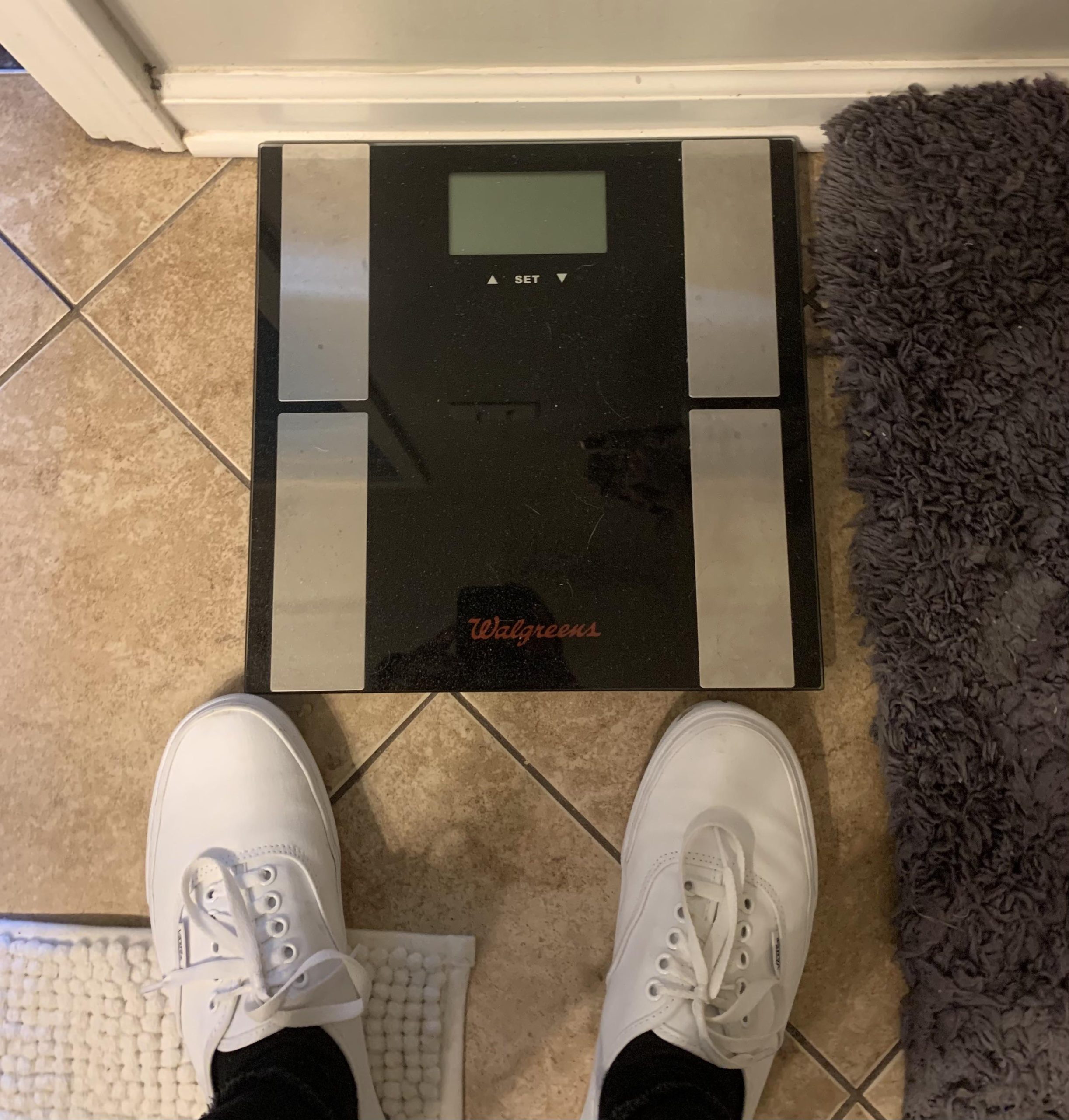
Image source: Reddit
Insufficient levels of vitamin D may affect insulin sensitivity (which reduces the risk of diabetes) and contribute to weight management challenges. However, weight loss is super complex and can be influenced by multiple factors, including diet, physical activity, and overall health.
38. You pee a lot

Image source: Reddit
The kidneys play a role in regulating calcium levels in the body, and vitamin D is essential for this process as it allows us to absorb enough calcium. Disruptions in vitamin D levels might impact kidney function, potentially leading to increased urine production.
39. You have problems with your heart

Image source: Reddit
Vitamin D plays a crucial role in maintaining cardiovascular health, and its deficiency can be associated with various heart-related issues. One significant aspect is its involvement in regulating blood pressure. Insufficient levels of vitamin D have been linked to an increased risk of hypertension (high blood pressure)!
40. You struggle to regulate your own emotions

Image source: Reddit
Struggling to manage emotions can be influenced by various factors, including stress, lifestyle, and underlying mental health conditions. However, vitamin D, with its receptors present in areas of the brain associated with mood, might be a participating factor.
41. Your allergies are much worse than usual

Image source: Reddit
Insufficient vitamin D may lead to an overactive immune response, intensifying allergic reactions. If you're grappling with more severe allergy symptoms, checking your vitamin D levels is something that should be explored. Having adequate levels could control your allergies more!
42. You're often constipated

Image source: Reddit
Occasionally, digestive system's get bunged up. But, when constipation is a frequent occurrence there must be something causing it. It could be due to a lack of vitamin D, as it has a major impact on our guts and in turn, our bowels and bowel movements!
43. Your blood clots abnormally

Image source: Reddit
Vitamin D is involved in various processes within the body, including its potential role in regulating blood clotting. Research suggests that vitamin D may have anticoagulant effects, meaning it might help prevent excessive blood clotting! So, not having enough could cause abnormal clots.
44. You've been experiencing problems with your eye-sight

Image source: Reddit
Insufficient vitamin D levels may contribute to conditions such as age-related macular degeneration (AMD), which can lead to vision impairment over time. And, vitamin D is known for its anti-inflammatory properties, and inflammation plays a role in various eye disorders.
45. You forget things all the time

Image source: Reddit
Studies have shown that vitamin D important to promoting our memory and learning, without it these aspects can really suffer. So, if you don' have enough levels of vitamin D in your body, it may contribute to issues like forgetfulness and difficulty retaining information.
46. You feel like you've completely lost your fitness

Image source: Reddit
Losing fitness can happen for various reasons, like changes in routine, lack of exercise, or health issues. But here's where vitamin D comes into play – it's not just about maintaining strong bones; it's vital for your muscles and helping them to perform at their best.
47. You don't look health anymore
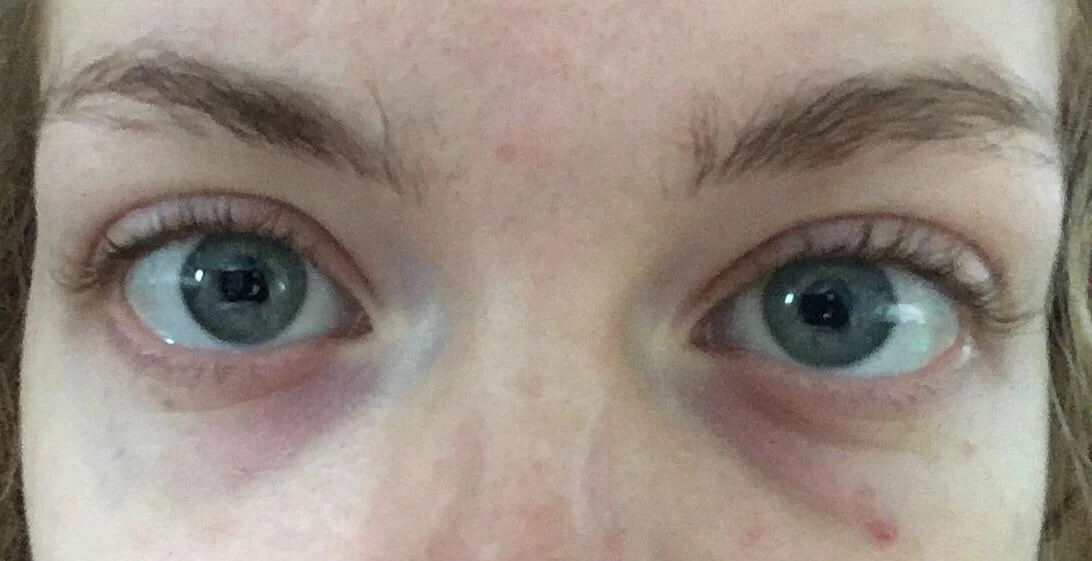
Image source: Reddit
If your hair seems more like straw and your nails are prone to breakage, it might be worth checking in on your vitamin D levels. Having brittle hair and nails can be a sign that your body needs a little extra care, and vitamin D is like the secret ingredient for their health!
48. You've got brittle hair and nails

Image source: Reddit
Brittle, snapping nails aren't the kind of manicure look we go for. And, they're not a sign of peak health either. It could actually be a sign that you lack vitamin D. Adequate vitamin D is essential for the proper absorption of calcium, which is crucial for maintaining the strength and resilience of your hair and nails.
49. During pregnancy, your blood pressure went up

Image source: Reddit
During pregnancy, changes in blood pressure are common. But, pregnancy-induced hypertension, including conditions like preeclampsia, can lead to elevated blood pressure. These are all conditions which surprisingly can be caused by a simple lack of vitamin D.
50. You've lost your grip strength

Image source: Reddit
If you've noticed that your grip isn't as strong as it used to be, it might be related to your vitamin D levels. We often connect vitamin D to bone health, but it also plays a part in keeping your muscles, including those responsible for your grip, in good shape.
51. Weakness

Image source: Reddit
Vitamin D is a vital nutrient essential for maintaining optimal muscle strength and function in the body. Its role is crucial, as it directly influences the signaling pathways within muscles. In instances where there's a deficiency, the muscles may experience weakness, primarily because they do not receive adequate signals from the nervous system.
52. Muscle pain

Image source: Reddit
Vitamin D deficiency can result in muscle pain due to its involvement in calcium absorption and regulation. Inadequate levels of vitamin D can lead to decreased calcium availability in the muscles, contributing to muscle discomfort, cramps, and aches.
53. Bone pain

Image source: Reddit
Vitamin D is essential for maintaining optimal bone health as it facilitates calcium absorption, which is vital for bone mineralization. A deficiency in vitamin D can lead to weakened bones, causing bone pain, particularly in weight-bearing areas like the spine, hips, and knees.
54. Depression
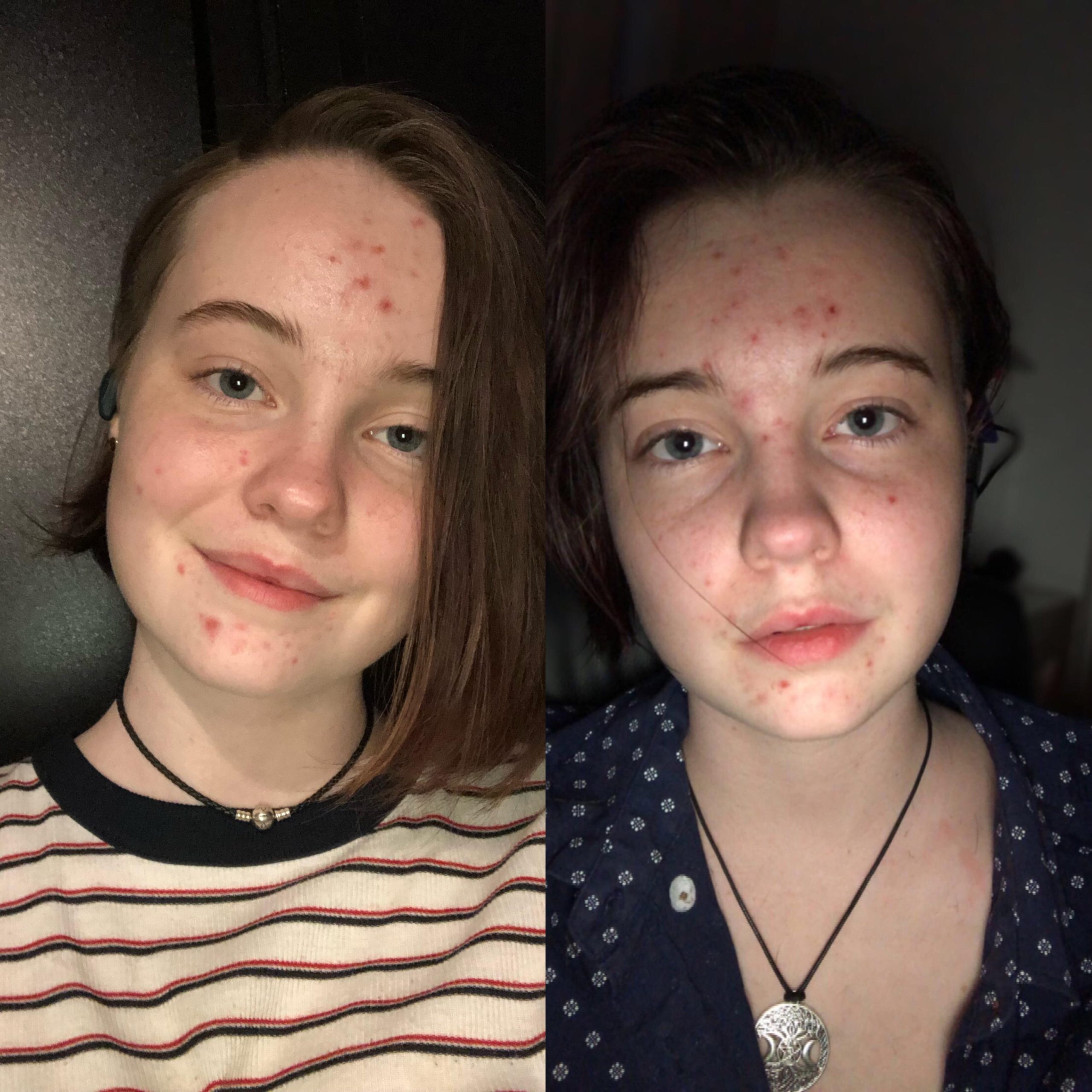
Image source: Reddit
Vitamin D receptors are present in areas of the brain involved in mood regulation. Insufficient vitamin D levels may disrupt neurotransmitter pathways, potentially leading to symptoms of depression, such as low mood, feelings of sadness, and a lack of interest in activities.
55. Anxiety

Image source: Reddit
Vitamin D deficiency has been linked to an increased risk of anxiety disorders. Vitamin D receptors are found in brain regions associated with anxiety regulation, and inadequate levels of vitamin D may impact neurotransmitter function, contributing to heightened feelings of anxiety and worry.
56. Mood swings

Image source: Reddit
Vitamin D deficiency can affect mood stability due to its involvement in serotonin synthesis and regulation. Serotonin, often referred to as the "happiness hormone," plays a crucial role in mood regulation, and insufficient vitamin D levels may lead to mood swings and emotional fluctuations.
57. Irritability

Image source: Reddit
Low levels of vitamin D have been associated with irritability and agitation. Vitamin D receptors are present in areas of the brain responsible for emotional regulation, and a deficiency may disrupt neurotransmitter balance, contributing to increased irritability and frustration.
58. Gum disease
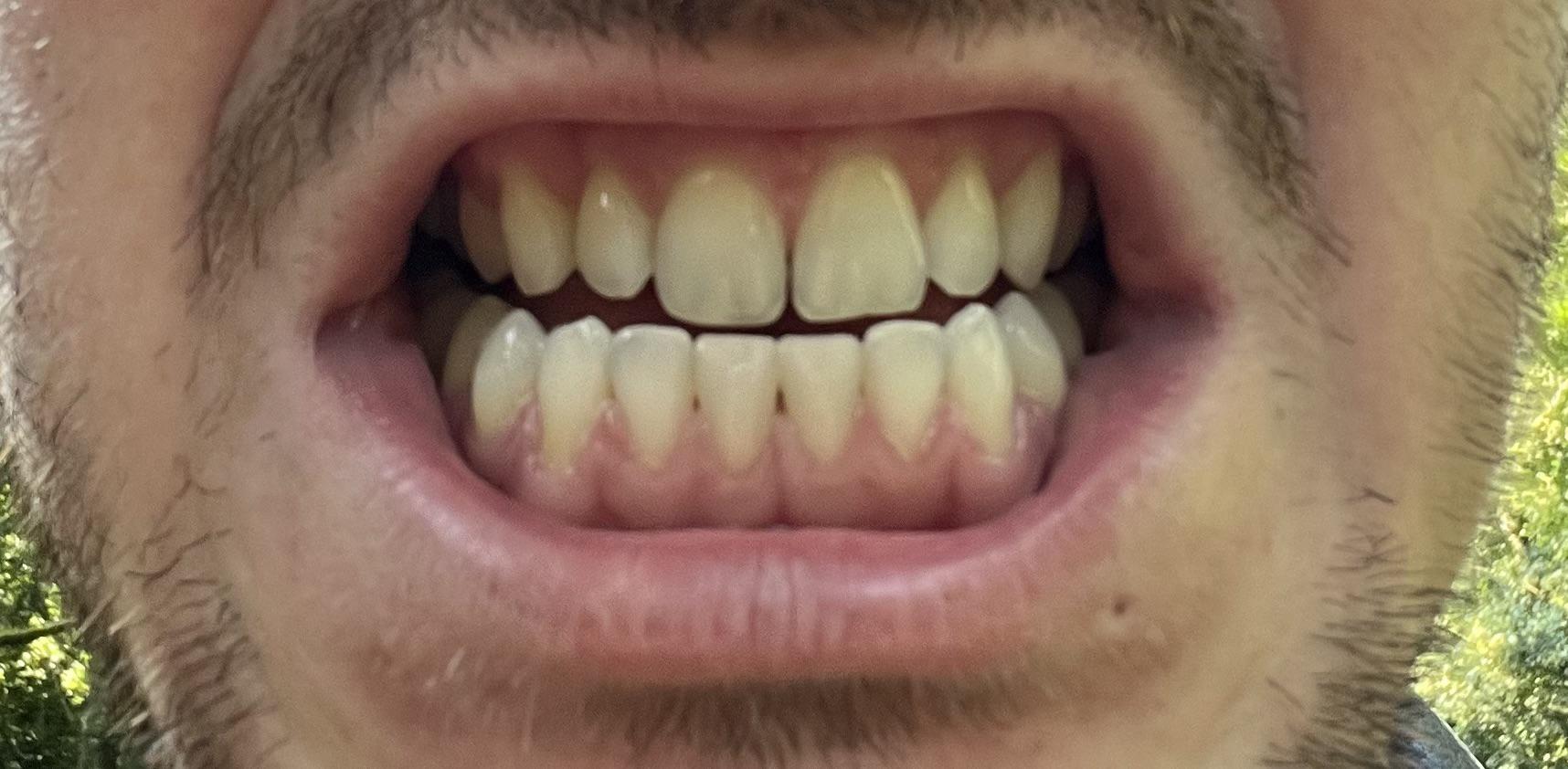
Image source: Reddit
Vitamin D deficiency has been linked to an increased risk of periodontal disease and gum inflammation. Vitamin D plays a role in modulating the immune response and reducing inflammation, and inadequate levels may compromise gum health, leading to gingivitis and periodontitis.
59. Insomnia

Image source: Reddit
Vitamin D receptors are found in areas of the brain involved in sleep regulation. A deficiency in vitamin D may disrupt the production of sleep-regulating neurotransmitters, such as serotonin and melatonin, potentially leading to difficulty falling asleep or staying asleep.
60. Dizziness

Image source: Reddit
Vitamin D deficiency can affect balance and coordination, leading to sensations of dizziness or lightheadedness. Vitamin D receptors are present in the inner ear, which plays a role in balance maintenance, and inadequate levels may impact vestibular function, contributing to dizziness.
61. Eczema

Image source: Reddit
Vitamin D deficiency may exacerbate inflammatory skin conditions like eczema. Vitamin D plays a role in modulating the immune response and reducing inflammation, and insufficient levels may lead to heightened immune activity and increased skin inflammation, worsening eczema symptoms such as redness, itching, and flaking.
62. Psoriasis

Image source: Reddit
Vitamin D deficiency is associated with an increased risk of psoriasis, a chronic autoimmune skin condition characterized by red, scaly patches on the skin. Vitamin D regulates immune function and skin cell growth, and inadequate levels may contribute to abnormal skin cell proliferation and inflammation seen in psoriasis.
63. Acne

Image source: Reddit
Vitamin D deficiency may worsen acne symptoms. Vitamin D plays a role in regulating sebum production and modulating the inflammatory response in the skin. Insufficient levels of vitamin D may lead to increased sebum production and inflammation, contributing to the development and severity of acne.
64. Excessive thirst
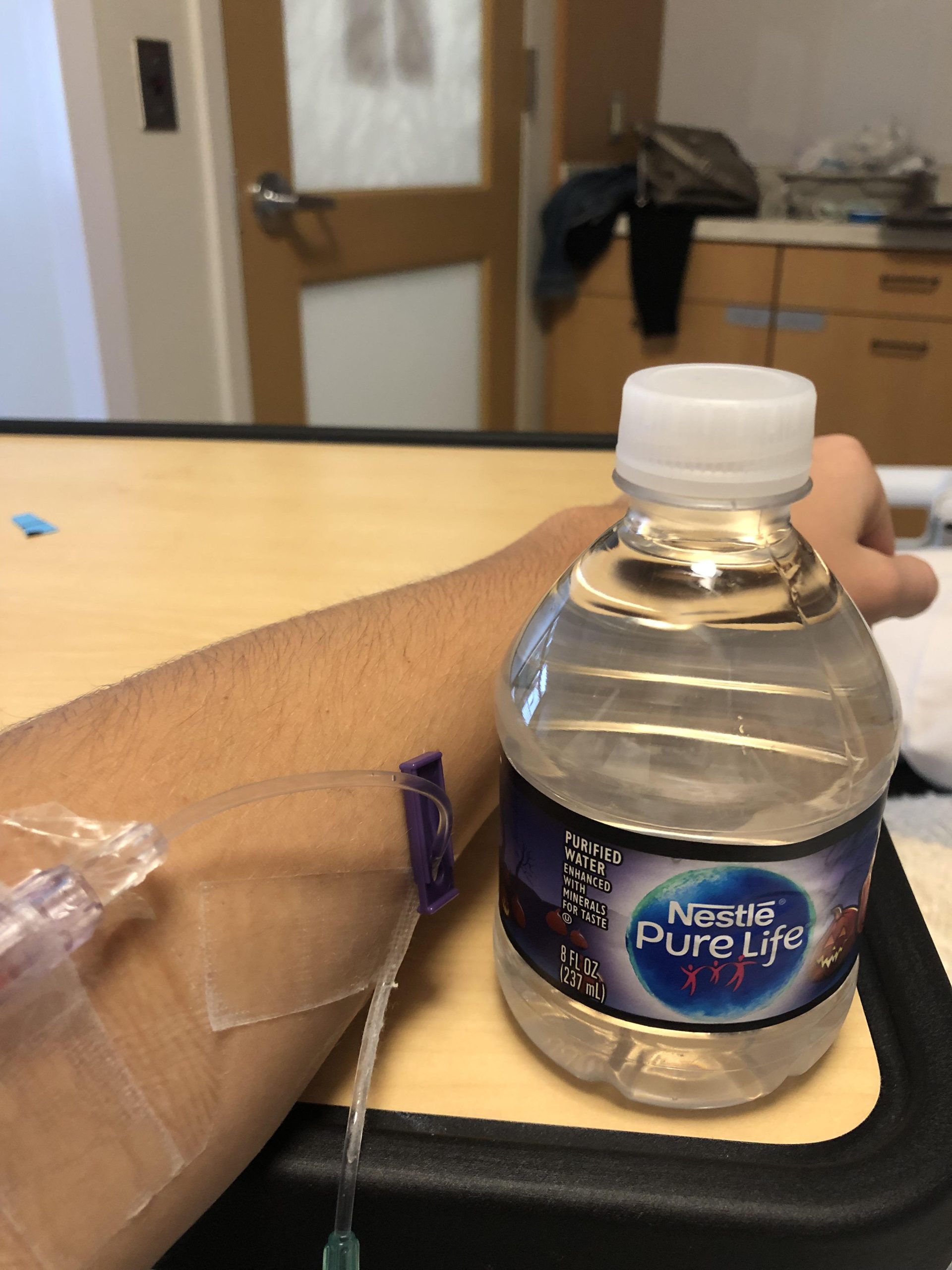
Image source: Reddit
Vitamin D deficiency has been linked to alterations in electrolyte balance, which may manifest as excessive thirst. Vitamin D plays a role in calcium homeostasis, and inadequate levels may disrupt electrolyte regulation, leading to increased thirst as the body attempts to maintain fluid balance.
65. Diarrhea

Image source: Reddit
Vitamin D deficiency may contribute to gastrointestinal disturbances such as diarrhea. Vitamin D receptors are present in the gastrointestinal tract, and vitamin D plays a role in maintaining gut barrier function and modulating immune response. Inadequate levels of vitamin D may disrupt gut health, leading to increased susceptibility to diarrhea-causing pathogens or imbalances in gut microbiota.
66. Bloating

Image source: Reddit
Vitamin D deficiency may exacerbate gastrointestinal symptoms like bloating. Vitamin D plays a role in gut motility and function, and inadequate levels may lead to alterations in gastrointestinal transit time and digestion, contributing to symptoms of bloating and abdominal discomfort.
67. Acid reflux

Image source: Reddit
Vitamin D deficiency has been associated with an increased risk of gastroesophageal reflux disease (GERD) and acid reflux symptoms. Vitamin D plays a role in maintaining esophageal sphincter tone and modulating gastric acid secretion. Insufficient levels of vitamin D may contribute to esophageal dysfunction and exacerbate symptoms of acid reflux.
68. Loss of appetite

Image source: Reddit
Vitamin D deficiency may affect appetite regulation and food intake. Vitamin D receptors are present in areas of the brain involved in appetite control, and vitamin D plays a role in neurotransmitter synthesis and regulation. Inadequate levels of vitamin D may disrupt appetite signaling pathways, leading to decreased appetite and reduced food intake.
69. Frequent urination

Image source: Reddit
Vitamin D deficiency may impact kidney function and urine concentration. Vitamin D receptors are present in the kidneys, and vitamin D plays a role in regulating calcium and electrolyte balance. Inadequate levels of vitamin D may affect renal function, leading to increased urine output and frequency of urination.
70. Slow metabolism

Image source: Reddit
Vitamin D deficiency may contribute to metabolic dysfunction and impaired energy metabolism. Vitamin D receptors are present in tissues involved in metabolic regulation, such as adipose tissue and the pancreas. Inadequate levels of vitamin D may disrupt metabolic pathways, leading to a sluggish metabolism and difficulties in maintaining optimal energy levels.
71. Hormonal imbalances

Image source: Daily Express US
Vitamin D deficiency can disrupt hormonal balance in the body. Vitamin D receptors are present in various endocrine glands, including the pituitary gland, thyroid gland, and adrenal glands. Inadequate levels of vitamin D may interfere with hormone synthesis and secretion, leading to imbalances in hormones such as cortisol, thyroid hormones, and sex hormones.
72. PMS symptoms

Image source: Reddit
Vitamin D deficiency may worsen premenstrual syndrome (PMS) symptoms in some individuals. Vitamin D plays a role in mood regulation and inflammation modulation, both of which are implicated in PMS. Insufficient levels of vitamin D may exacerbate mood swings, irritability, and physical symptoms associated with PMS, such as bloating and breast tenderness.
73. Infertility
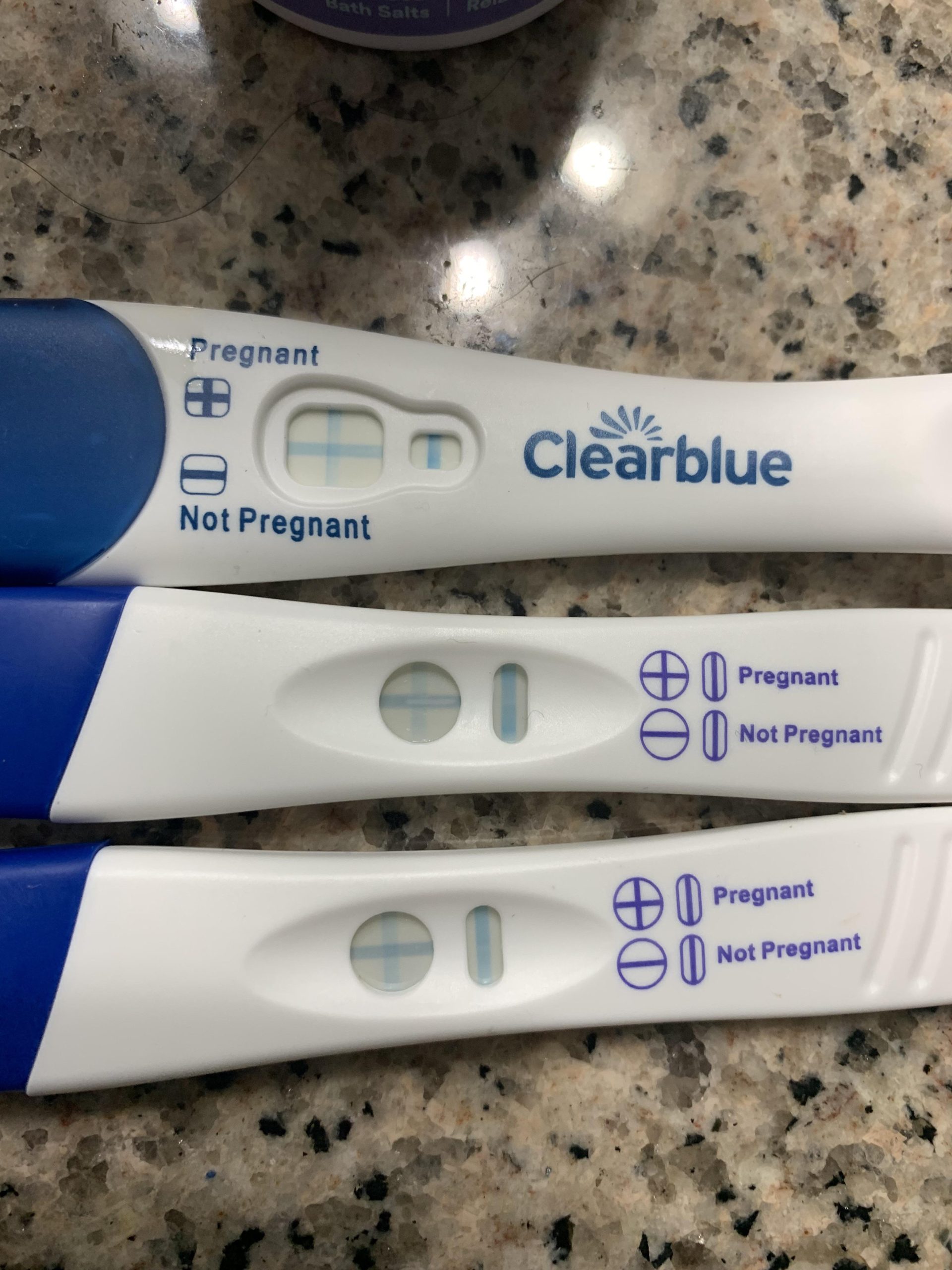
Image source: Reddit
Vitamin D deficiency has been associated with infertility in both men and women. Vitamin D receptors are present in reproductive tissues, and vitamin D plays a role in reproductive hormone synthesis and regulation. Inadequate levels of vitamin D may impair fertility by affecting sperm quality and motility in men or menstrual regularity and ovulation in women.
74. Erectile dysfunction

Image source: Reddit
Vitamin D deficiency may contribute to erectile dysfunction in men. Vitamin D receptors are present in the vascular endothelium and smooth muscle cells of the penis, and vitamin D plays a role in vascular health and endothelial function. Inadequate levels of vitamin D may impair blood flow to the penis, leading to difficulties in achieving or maintaining an erection.
75. Decreased libido

Image source: SNSNA
Vitamin D deficiency may impact libido or sexual desire. Vitamin D receptors are present in brain regions involved in sexual behavior and arousal, and vitamin D plays a role in neurotransmitter synthesis and regulation. Insufficient levels of vitamin D may disrupt the balance of sex hormones and neurotransmitters, leading to a decrease in libido.
76. Low testosterone levels

Image source: Reddit
Vitamin D deficiency has been linked to low testosterone levels in men. Vitamin D receptors are present in the Leydig cells of the testes, which are responsible for testosterone production. Inadequate levels of vitamin D may impair testosterone synthesis, leading to decreased circulating levels of this hormone.
77. Osteopenia

Image source: Reddit
Vitamin D deficiency is a known risk factor for osteopenia, a condition characterized by low bone mineral density. Vitamin D plays a crucial role in calcium absorption and bone mineralization. Inadequate levels of vitamin D can lead to reduced calcium availability for bone formation, resulting in weakened bones and an increased risk of osteopenia.
78. Rickets (in children)

Image source: Reddit
Severe vitamin D deficiency can cause rickets, a childhood bone disorder characterized by soft, weak bones. Vitamin D is essential for proper bone development and mineralization during childhood. Inadequate levels of vitamin D can impair calcium absorption and bone mineralization, leading to skeletal deformities such as bowed legs, delayed growth, and dental abnormalities.
79. Dental deformities (in children)
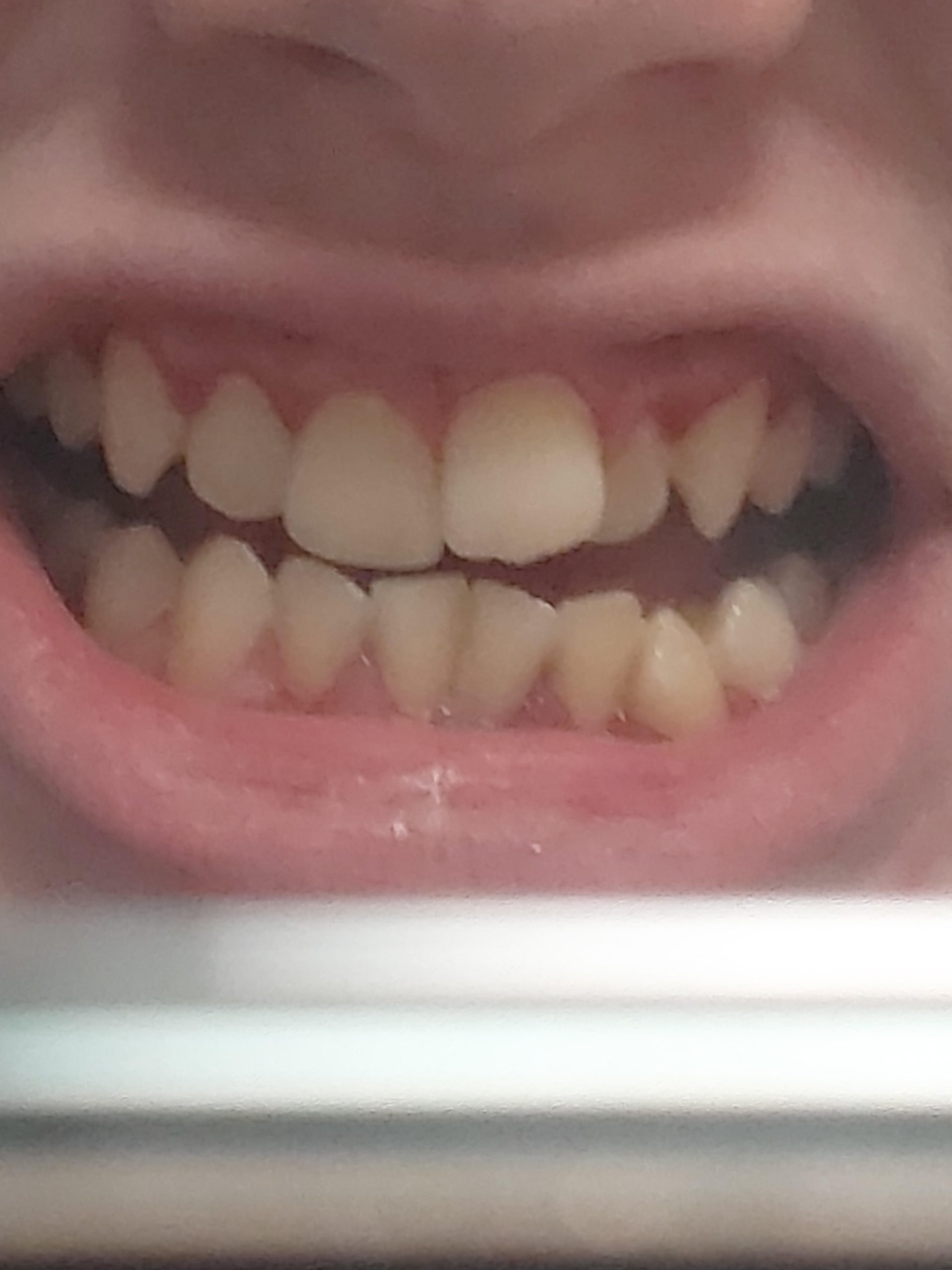
Image source: Reddit
Vitamin D deficiency during childhood can contribute to dental abnormalities and deformities. Vitamin D plays a role in tooth mineralization and enamel formation. Inadequate levels of vitamin D can lead to weakened tooth structure, increased susceptibility to cavities, and developmental dental defects.
80. Bow legs (in children)

Image source: Reddit
Rickets caused by severe vitamin D deficiency can result in skeletal deformities such as bowed legs. Vitamin D deficiency impairs calcium absorption and bone mineralization, leading to weak and soft bones that are unable to support the child's weight properly. As a result, the legs may bow outward, affecting posture and mobility.
81. Delayed growth (in children)

Image source: Reddit
Vitamin D deficiency can impair skeletal growth and development in children. Vitamin D is essential for proper bone formation and mineralization during childhood and adolescence. Inadequate levels of vitamin D can lead to weakened bones and impaired growth, resulting in delayed height attainment and skeletal abnormalities.
82. Tremors

Image source: Reddit
Vitamin D deficiency may contribute to tremors or involuntary muscle movements. Vitamin D receptors are present in areas of the brain involved in motor control and coordination. Inadequate levels of vitamin D may disrupt neurotransmitter function and neuromuscular signaling, leading to tremors and shaking.
83. Seizures

Image source: Reddit
Vitamin D deficiency has been linked to an increased risk of seizures, particularly in infants and children with rickets. Vitamin D plays a role in calcium homeostasis and neuronal excitability. Inadequate levels of vitamin D can lead to low serum calcium levels, which may increase the risk of seizures.
84. Restless leg syndrome

Image source: Reddit
Vitamin D deficiency may worsen symptoms of restless leg syndrome (RLS), a neurological disorder characterized by uncomfortable sensations in the legs and an irresistible urge to move them. Vitamin D receptors are present in areas of the brain involved in sensory processing and motor control. Inadequate levels of vitamin D may exacerbate RLS symptoms by affecting neurotransmitter function and neuromuscular signaling.
85. Tetany (in severe cases)
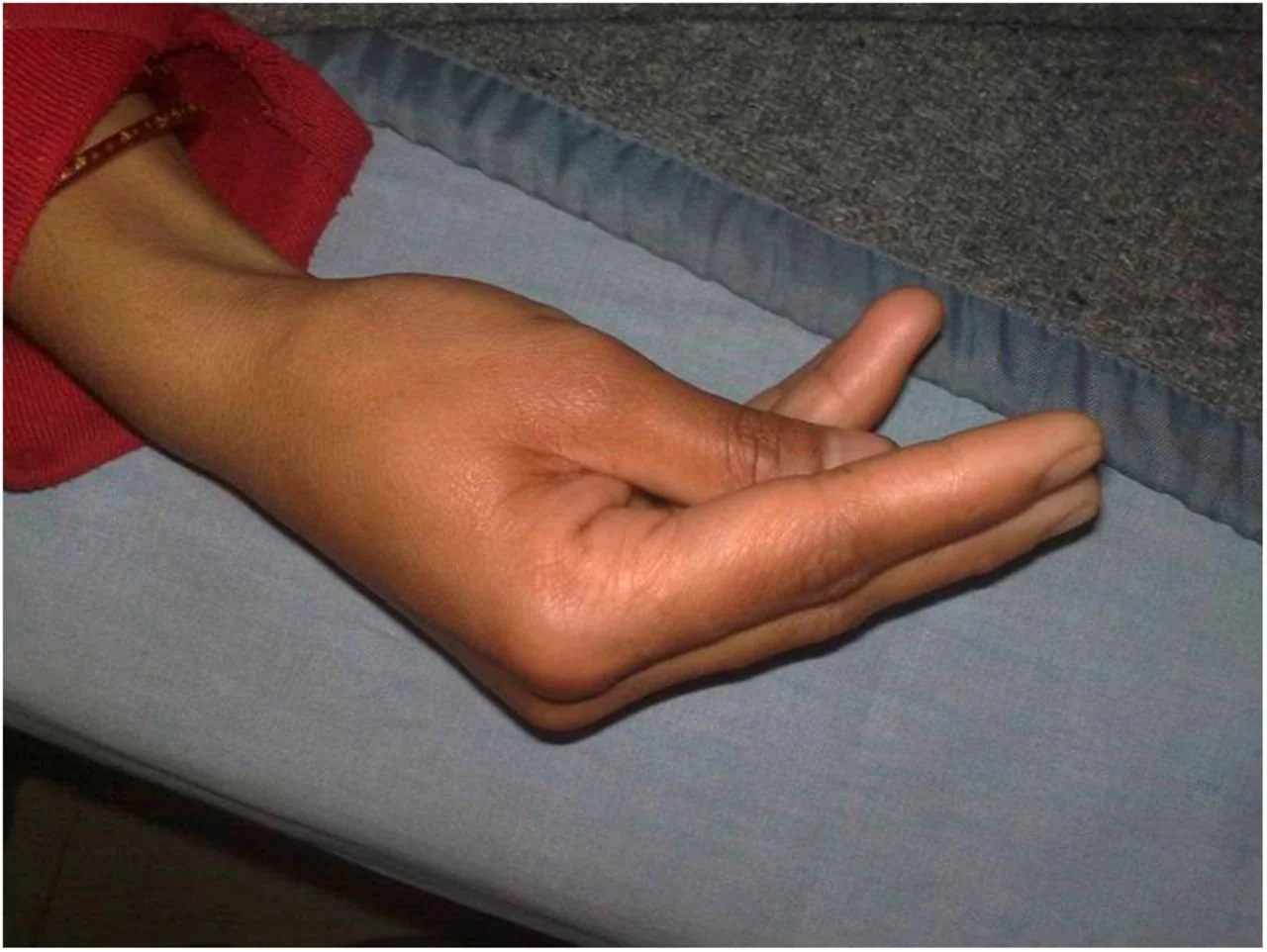
Image source: Reddit
Severe vitamin D deficiency can lead to tetany, a condition characterized by involuntary muscle contractions and spasms. Vitamin D plays a crucial role in calcium homeostasis and neuromuscular function. Inadequate levels of vitamin D can result in low serum calcium levels, leading to hyperexcitability of nerves and muscles, culminating in tetanic contractions.
86. Stroke

Image source: Reddit
Vitamin D deficiency has been associated with an increased risk of stroke. Vitamin D plays a role in cardiovascular health and vascular function. Inadequate levels of vitamin D may contribute to endothelial dysfunction, arterial stiffness, and hypertension, all of which are risk factors for stroke.
87. High cholesterol levels

Image source: Reddit
Vitamin D deficiency has been linked to dyslipidemia, characterized by high levels of cholesterol and triglycerides in the blood. Vitamin D plays a role in lipid metabolism and cholesterol synthesis. Inadequate levels of vitamin D may disrupt lipid homeostasis, leading to elevated cholesterol levels and an increased risk of cardiovascular disease.
88. Autoimmune diseases

Image source: Reddit
Vitamin D deficiency has been implicated in the development and progression of autoimmune diseases, including multiple sclerosis, rheumatoid arthritis, and lupus. Vitamin D plays a crucial role in immune regulation and modulating inflammatory responses. Inadequate levels of vitamin D may dysregulate immune function, leading to aberrant immune responses and autoimmune reactions.
89. Multiple sclerosis
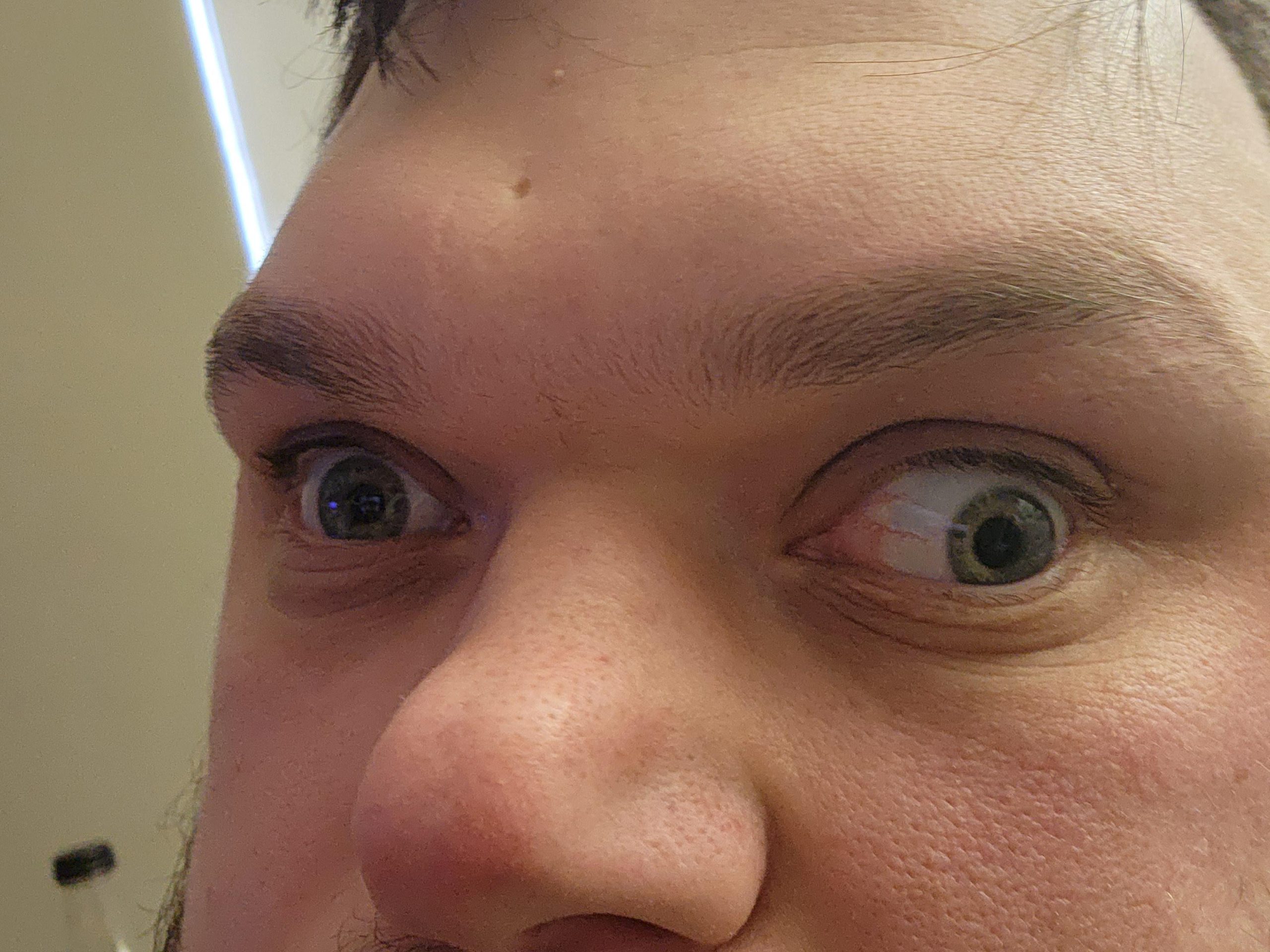
Image source: Reddit
Vitamin D deficiency has been associated with an increased risk of multiple sclerosis (MS), a chronic autoimmune disease characterized by inflammation and demyelination of the central nervous system. Vitamin D plays a role in immune regulation and modulating inflammatory responses. Inadequate levels of vitamin D may contribute to the dysregulation of immune function and the development of MS.
90. Arthritis
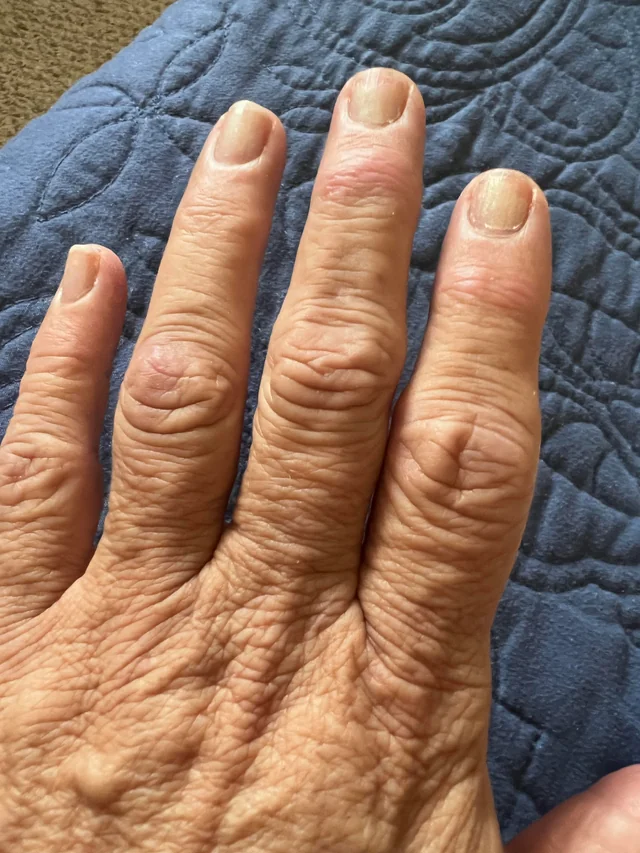
Image source: Reddit
Vitamin D deficiency has been linked to an increased risk of arthritis, including osteoarthritis and rheumatoid arthritis. Vitamin D plays a role in modulating inflammatory responses and maintaining joint health. Inadequate levels of vitamin D may exacerbate inflammation and cartilage degradation in arthritic conditions, leading to joint pain and stiffness.
91. Lupus

Image source: Reddit
Vitamin D deficiency has been associated with an increased risk of systemic lupus erythematosus (SLE), an autoimmune disease characterized by inflammation and damage to various organs and tissues. Vitamin D plays a role in immune regulation and modulating inflammatory responses. Inadequate levels of vitamin D may contribute to the dysregulation of immune function and the development of lupus.
92. Inflammatory bowel disease

Image source: Reddit
Vitamin D deficiency has been implicated in the pathogenesis of inflammatory bowel diseases (IBD), including Crohn's disease and ulcerative colitis. Vitamin D plays a role in immune regulation and maintaining gut barrier function. Inadequate levels of vitamin D may dysregulate immune responses in the gut, leading to chronic inflammation and mucosal damage seen in IBD.
93. Asthma
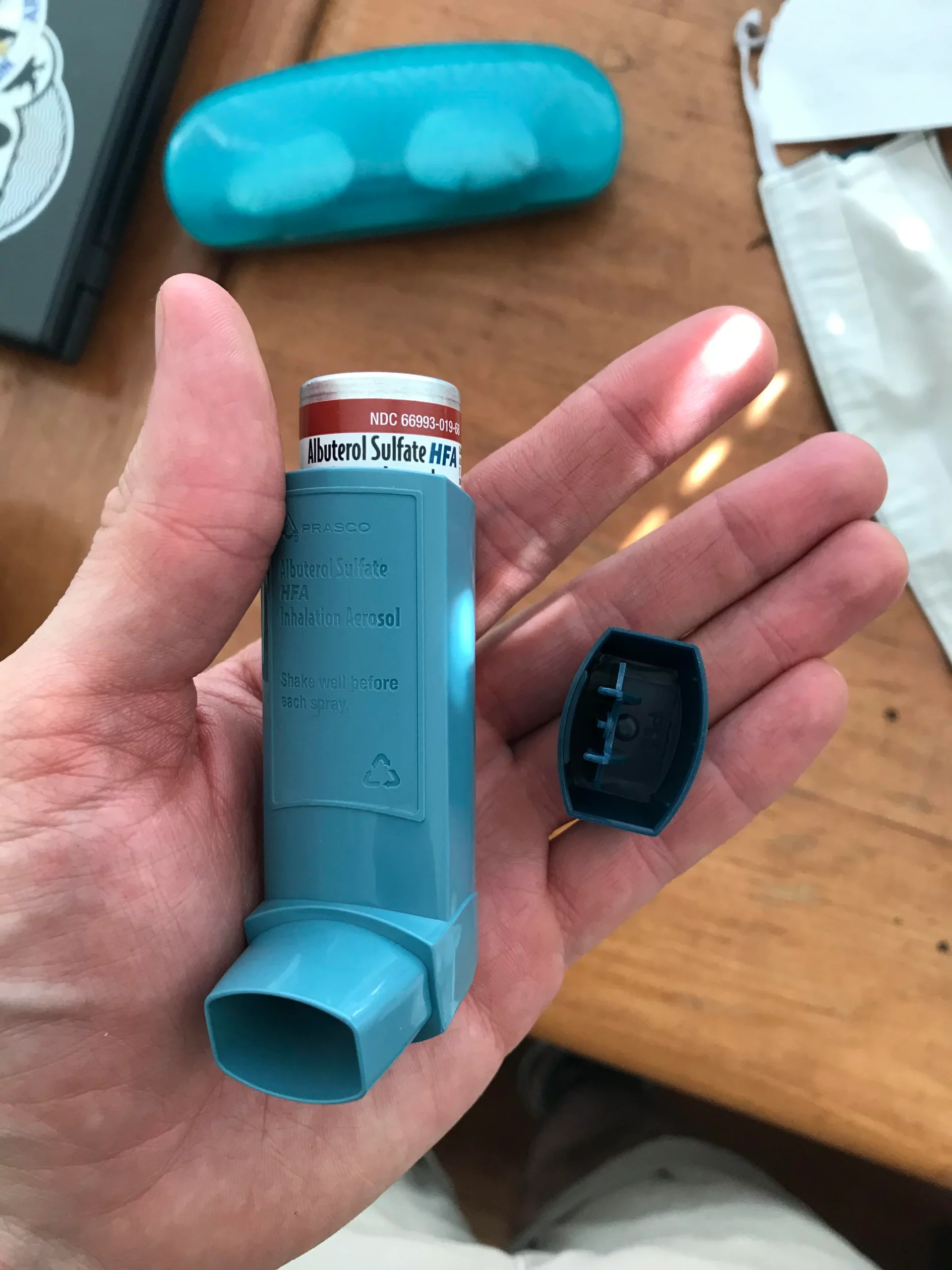
Image source: Reddit
Vitamin D deficiency has been linked to an increased risk of asthma and exacerbations of asthma symptoms. Vitamin D plays a role in immune regulation and modulating inflammatory responses in the airways. Inadequate levels of vitamin D may contribute to airway inflammation and hyperreactivity, leading to asthma symptoms such as wheezing, coughing, and shortness of breath.
94. Vegan or vegetarian diet without supplementation

Image source: Reddit
Vitamin D is primarily found in animal-derived foods, and individuals following vegan or vegetarian diets may be at risk of vitamin D deficiency if they do not obtain adequate sun exposure or supplementation. Plant-based sources of vitamin D are limited, and fortified foods may not provide sufficient amounts to meet daily requirements, especially in regions with limited sunlight.
95. Darker skin pigmentation

Image source: Reddit
Melanin, the pigment responsible for skin color, reduces the skin's ability to produce vitamin D in response to sunlight exposure. Individuals with darker skin pigmentation may require more prolonged sun exposure to synthesize adequate vitamin D compared to those with lighter skin tones, increasing the risk of deficiency, particularly in regions with limited sunlight.
96. Limited sun exposure

Image source: Reddit
Sunlight exposure is the primary source of vitamin D for most individuals. Factors such as spending excessive time indoors, covering the skin with clothing or sunscreen, and living in regions with limited sunlight can reduce vitamin D synthesis in the skin, increasing the risk of deficiency.
97. Living in regions with high pollution or smog

Air pollution and smog can attenuate UVB radiation, which is necessary for vitamin D synthesis in the skin. Individuals living in regions with high levels of pollution or smog may experience reduced sunlight exposure and impaired vitamin D production, increasing the risk of deficiency.
98. Using sunscreen consistently

Image source: Reddit
While sunscreen is essential for protecting the skin from harmful UV radiation and reducing the risk of skin cancer, its use can also inhibit vitamin D synthesis in the skin. Sunscreen with a high sun protection factor (SPF) effectively blocks UVB radiation, which is necessary for vitamin D production. Consistent use of sunscreen, particularly when applied in sufficient amounts and re-applied frequently, can limit vitamin D synthesis, potentially leading to deficiency.
99. Aging (older adults have reduced skin synthesis of vitamin D)

Image source: Reddit
Aging is associated with changes in the skin's structure and function, including reduced synthesis of vitamin D in response to sunlight exposure. Older adults have thinner and less efficient skin, decreasing the skin's ability to produce vitamin D. Additionally, factors such as reduced outdoor activity and decreased dietary intake may further contribute to vitamin D deficiency in older individuals.
100. Taking medications that interfere with vitamin D absorption or metabolism

Image source: Reddit
Certain medications can interfere with vitamin D absorption, metabolism, or utilization in the body, increasing the risk of deficiency. Examples include anticonvulsant medications, glucocorticoids, antiretroviral drugs, and some weight-loss medications. These medications may affect vitamin D metabolism in the liver or kidneys or interfere with vitamin D receptor activation, leading to decreased vitamin D levels.
 Image source: Reddit
Image source: Reddit






























































































 Air pollution and smog can attenuate UVB radiation, which is necessary for vitamin D synthesis in the skin. Individuals living in regions with high levels of pollution or smog may experience reduced sunlight exposure and impaired vitamin D production, increasing the risk of deficiency.
Air pollution and smog can attenuate UVB radiation, which is necessary for vitamin D synthesis in the skin. Individuals living in regions with high levels of pollution or smog may experience reduced sunlight exposure and impaired vitamin D production, increasing the risk of deficiency.

